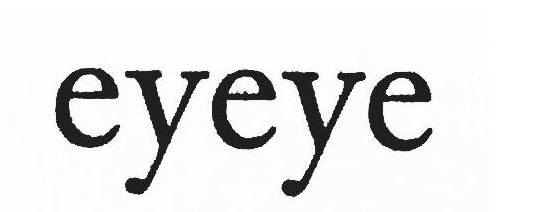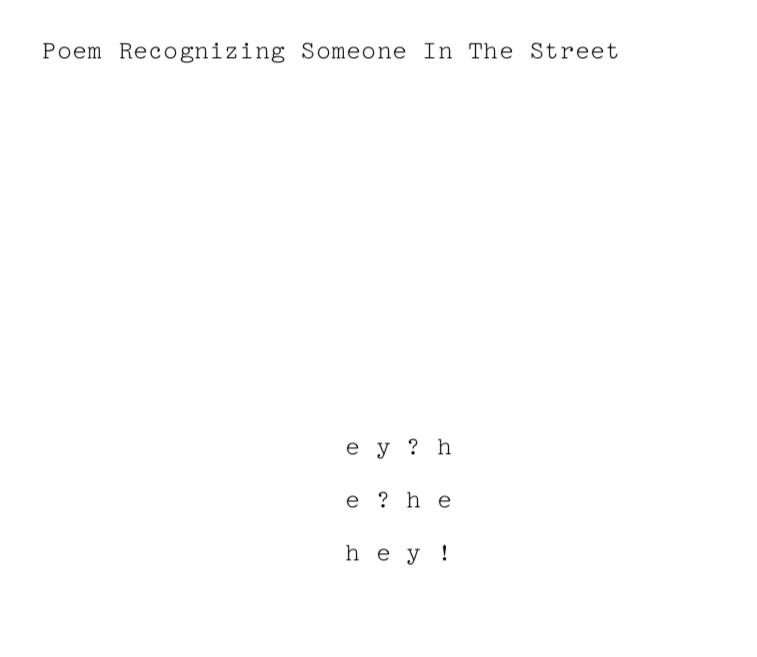3 miles
47th ave, north/32nd st, east/river road, north/river road, south
71 degrees
humidity: 95%/ dew point: 72
Rained last night and early this morning so everything was dripping when I went out for my run. I didn’t feel the water so much as hear it coming off the trees, trickling off the gutters, gushing through the sewer pipe above the ravine. Several puddles on the sidewalk in the usual spots. Because the rain had only recently stopped, there weren’t too many people out near the river. When I finally reached it, just past the aspen eyes, I was able to run right above it. I even saw it a few times through the thick green. Running up the hill from below the lake street bridge I kept running on the trail that veers away from the road and right above the rowing club. I haven’t run on this part of the path for months! Ended my run climbing the hill near the tunnel of trees. In other summers, when I can safely run on the trail, a mist gets trapped here after it rains in the mid-story canopy. On the road this morning, there was mist too, but not as thick. It felt strange and dreamy to run through it.
Yesterday I began reading a thesis about Lorine Niedecker and how her vision problems shaped some of her poetry. The author focuses on this poem in particular:
Wintergreen Ridge /Lorine Niedecker
Where the arrow
of the road signs
lead us:
Life is natural
in the evolution
of matter
Nothing supra-rock
about it
simply
butterflies
are quicker
than rock
Man
lives hard
on this stone perch
by sea
imagines
durable works
in creation here
as in the center
of the world
let’s say
of art
We climb
the limestone cliffs
my skirt dragging
an inch below
the knee
the style before
the last
the last the least
to see
Norway
or “half of Sussex
and almost all
of Surrey”
Crete perhaps
and further:
“Every creature
better alive
than dead.
men and moose
and pine trees”
We are gawks
lusting
after wild orchids
Wait! What’s this? —
sign:
Flowers
loveliest
where they grow
Love them enjoy them
and leave them so
Let’s go!
Evolution’s wild ones
saved
continuous life
through change
from Time Began
Northland’s
unpainted barns
fish and boats
now this —
flowering ridge
the second one back
from the lighthouse
Who saved it? —
Women
of good wild stock
Stood stolid
before machines
They stopped bulldozers
cold
We want it for all time
they said
and here it is —
horsetails
club mosses
stayed alive
after dinosaurs
died
Found:
laurel in muskeg
Linnaeus’s twinflower
Andromeda
Cisandra of the bog
pearl flowered
Lady’s tresses
insect-eating
pitcher plant
Bedeviled little Drosera
of the sundews
deadly
in sphagnum moss
sticks out its sticky
(Darwin tested)
tentacled leaf
towards a fly
half an inch away
engulfs it
Just the touch
of a gnat on a filament
stimulates leaf-plasma
secretes a sticky
clear liquid
the better to eat you
my dear
digest cartilage
and tooth enamel
(DHL spoke of blood
in a green growing thing
in Italy was it?)
They do it with glue
these plants
Lady’ Slipper’s glue
and electric threads
smack the sweets-seeker
on the head
with pollinia
The bee
befuddled
the door behind him
closed he must
go out the rear
the load on him
for the next
flower
Women saved
a pretty thing: Truth:
“a good to the heart”
It all comes down
to the family
“We have a lovely
finite parentage
mineral
vegetable
animal”
Nearby dark wood —
I suddenly heard
the cry
my mother’s
where the light
pissed past
the pistillate cone
how she loved
closed gentians
she herself
so closed
and in this to us peace
the stabbing
pen
friend did it
close to the heart
pierced the woods
red
(autumn?)
Sometimes it’s a pleasure
to grieve
or dump
the leaves most brilliant
as do trees
when they’ve no need
of an overload
of cellulose
for a cool while
Nobody, nothing
ever gave me
greater thing
than time
unless light
and silence
which if intense
makes sound
Unaffected
by man
thin to nothing lichens
grind with their acid
granite to sand
These may survive
the grand blow-up
the bomb
When visited
by the poet
From Newcastle on Tyne
I neglected to ask
what wild plants
have you there
how dark
how inconsiderate
of me
Well I see at this point
no pelting of police
with flowers
no uprooted gaywings
bishop’s cup
white bunchberry
under aspens
pipsissewa
(wintergreen)
grass of parnassus
See beyond —
ferns
algae
water lilies
Scent
the simple
the perfect
order
of that flower
water lily
I see no space-rocket
launched here
no mind-changing
acids eaten
one sort manufactured
as easily as gin
in a bathtub
Do feel however
in liver and head
as we drive
towards cities
the change
in church architecture —
now it’s either a hood
for a roof
pulled down to the ground
and below
or a factory-long body
crawled out from a rise
of black dinosaur-necked
blower-beaked
smokestack-
steeple
Murder in the Cathedral’s
proportions
Do we go to church
No use
discussing heaven
HJ’s father long ago
pronounced human affairs
gone to hell
Great God —
what men desire! —
the scientist: a full set
of fishes
the desire to know
Another: to talk beat
act cool
release la’go
So far out of flowers
human parts found
wrapped in newspaper
left at the church
near College Avenue
More news: the war
which “cannot be stopped”
ragweed pollen
sneezeweed
whose other name
Ambrosia
goes for a community
Ahead — home town
second shift steamfitter
ran arms out
as tho to fly
dived to concrete
from loading dock
lost his head
Pigeons
(I miss the gulls)
mourn the loss
of people
no wild bird does
It rained
mud squash
willow leaves
in the eaves
Old sunflower
you bowed
to no one
but Great Storm
of Equinox

